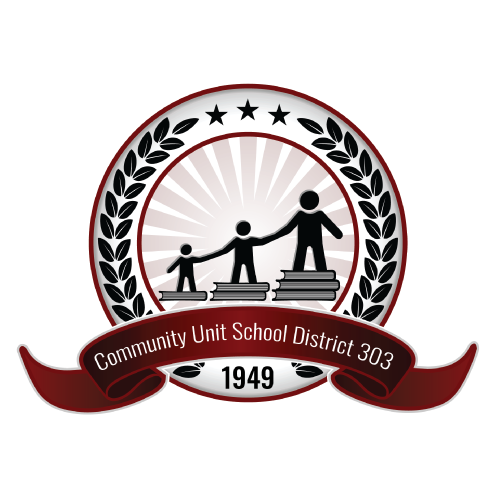Education for Homeless Youth
The district supports students that are homeless through a homeless liaison and collaboration with Kane County. The liaison supports students to maintain continuity and access to educational experiences in our community.
Who are Homeless Children and Youth?
Before schools can be certain they are complying with legislation related to educating students experiencing homelessness, they must understand who can be considered homeless. The McKinney-Vento Act (Section 725) defines "homeless children and youth" (school-age and younger) as:
- Children and youth who lack a fixed, regular, and adequate nighttime residence, including children and youth who are:
- Sharing the housing of other persons due to loss of housing, economic hardship, or a similar reason.
- Living in motels, hotels, trailer parks, or camping grounds due to lack of alternative adequate accommodations.
- Living in emergency or transitional shelters.
- Abandoned in hospitals.
- Children and youth who have a primary nighttime residence that is a public or private place not designed for, or ordinarily used as, a regular sleeping accommodation for human beings.
- Children and youth who are living in cars, parks, public spaces, abandoned buildings, substandard housing, bus or train stations, or similar settings.
- Migratory children who qualify as homeless because they are living in circumstances described above.
The term unaccompanied youth includes a youth not in the physical custody of a parent or guardian. This would include runaways living in runaway shelters, abandoned buildings, cars, on the streets, or in other inadequate housing; children and youth denied housing by their families (sometimes referred to as "throwaway children and youth"); and school-age unwed mothers living in homes for unwed mothers because they have no other housing available.
In determining whether or not a child or youth is homeless, consider the relative permanence of the living arrangements. Determinations of homelessness should be made on a case-by-case basis. The dispute resolution process should be used by the district, parents, and students if and when disagreements arise in relation to a student’s homeless status.
Contact Dr. Cindy Ruesch at 331-228-6738 with questions or for additional information.

